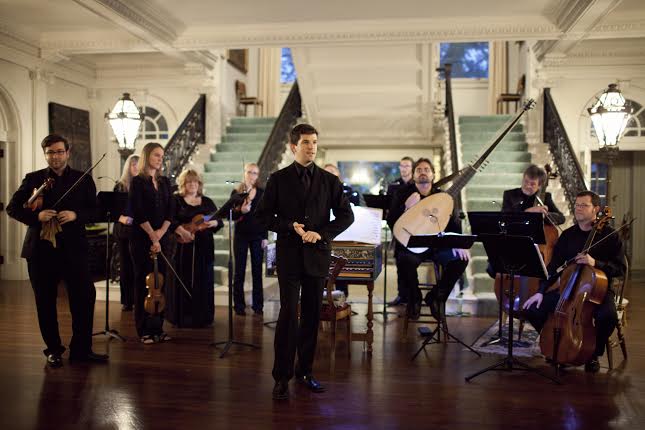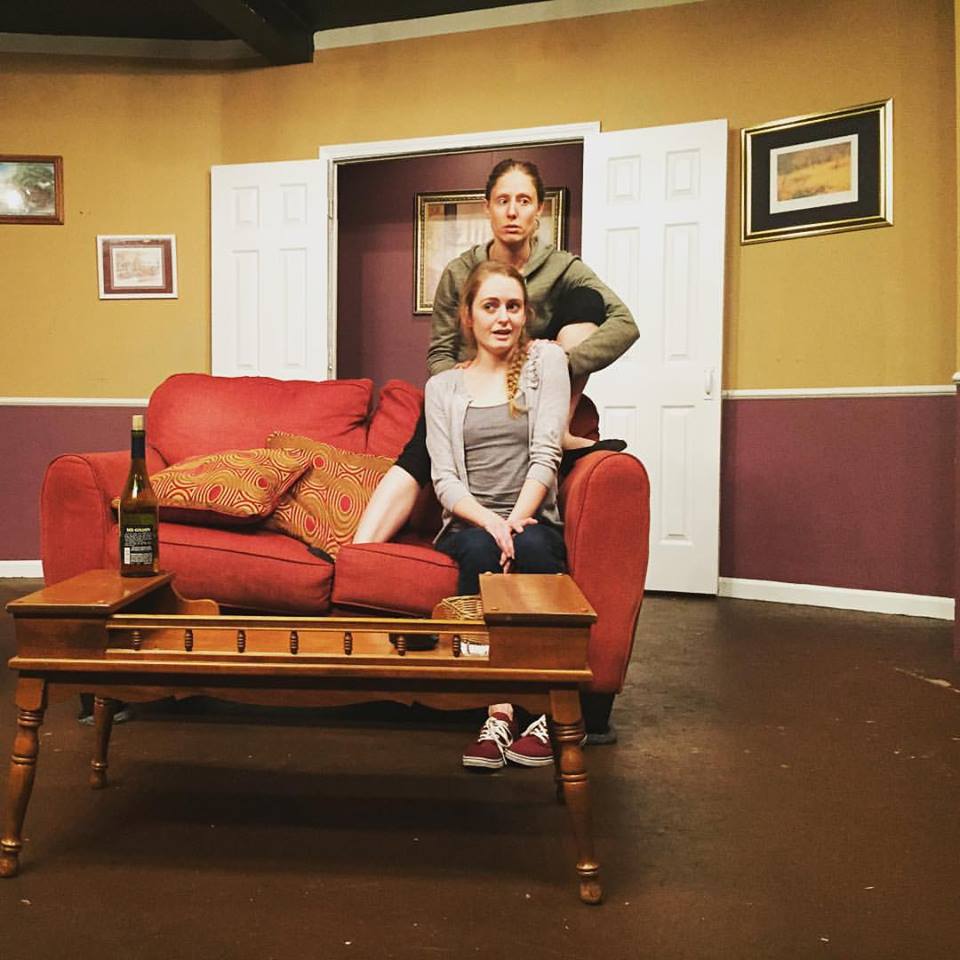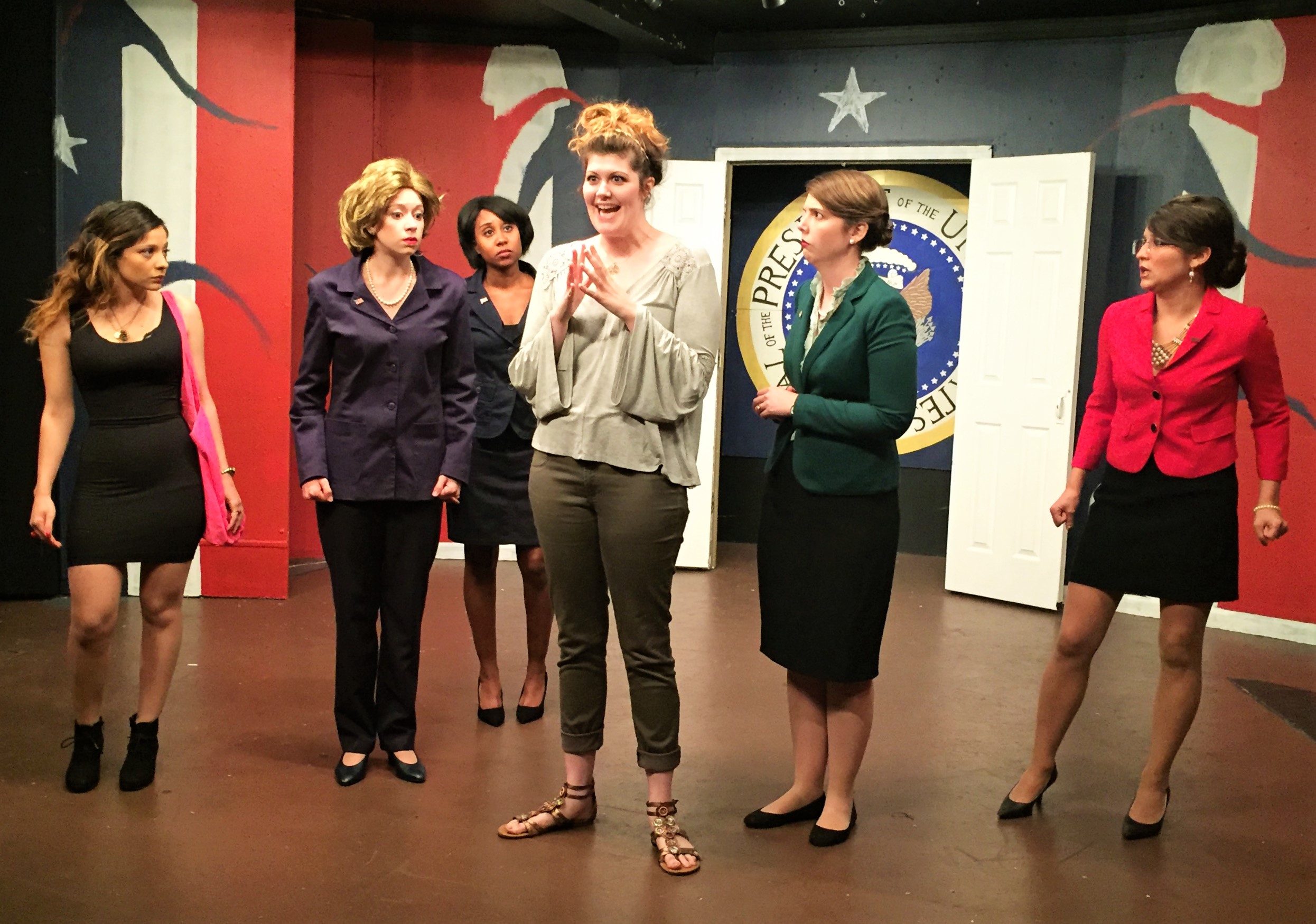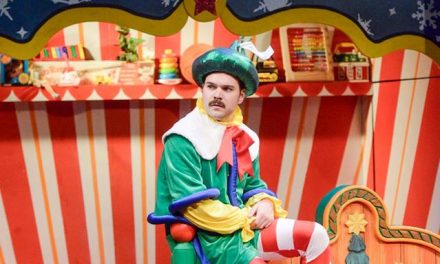Photo – Bourbon Baroque.
Handel’s Messiah and other seasonal works for choir and orchestra
Bourbon Baroque
By Annette Skaggs
Entire contents are copyright © 2013, Annette Skaggs. All rights reserved.
It is that time of the year, ladies and gentlemen, where the sounds of Hanukkah, Christmas and Kwanzaa permeate the air. And a big round of applause goes to Bourbon Baroque for providing both a dessert from the Thanksgiving festivities and an aperitif to music that we delight in this time of year. Like the beverage that the group is named from, Saturday evening’s performance was warm, smooth, sweet and inviting.
The evening was delightfully balanced with selections from Bach, Corelli and the aforementioned Handel. The program began with J. Bach’s Jauchzet Gott in allen Landen (Shout for Joy to God in All the Earth) featuring vocal soloist Kelly Ballou, a Bourbon Baroque favorite, and trumpet soloist Kris Kwapis, a faculty member of IU’s School of Music and Seattle’s Cornish School of Arts, both in Early Music studies, and well-known for her “sterling tone.” In the opening aria, Ms. Ballou shared beautiful, flowing phrases and a crisp and clear upper register but, at least from my aural point, she was having a harder time with the lower notes in that they seemed pushed to be heard over the orchestra. Ms. Kwapis definitely shared with the well-attended audience a lovely and balanced trumpet accompaniment to the orchestra. As an instrumental soloist, I know that it can be hard to hold back so that you are not overpowering the ensemble, and Ms. Kwapis knew when to give the trumpet more presence and when not to. Other than an occasional measure or two where the strings seemed to completely overpower the harpsichord, the Bach set was a great preview of what was to come.
Before we were graced with the next set, the audience was treated to a small chat by one of Bourbon Baroque’s founders and harpsichordist John Austin Clark, who vamped for the audience because of the impending ringing of St. Brigid’s bells and because he may have seen some quizzical looks on some faces as he looked out across the rows of pews. Mr. Clark explained to the audience, addressed mostly to those that have never attended a period instrument concert, that often, either before the next set or even in the middle of one, the instruments have to be retuned because of the delicacy of the instrument and the condition of the environment as well. The church bells rang, the instruments tuned once again and next was Corelli’s Fatto per la notte di Natale (loosely translated Done for the night of Christmas).
The six movements of this Concerto grosso in G minor were absolutely enchanting and featured the energized playing of Nicolas Fortin (co-founder of Bourbon Baroque) with Martie Perry on violin and Lara Turner on cello. During Clark’s talk between the sets, he mentioned that the last movement, the Largo, Pastorale ad libitum, would probably strike a familiar chord with my fellow concertgoers as it is commonly used in mixed CDs of Christmastime music commonly found at your local music or “big box” store. And he was right; it indeed struck me as familiar, but not as much as some of the phrasing that came from the Vivace movement, in that several times themes of Pachelbel’s Canon in D would delightfully play in the ear. An aside: Corelli and Pachelbel were contemporaries.
Intermission came and the stage altered to accommodate the chorus and a few more instrumentalists and the soloists. The 12-member chorus expanded to 15 with the addition of Mezzo Audrey Walstrom, Tenor Steven Paul Spears and Baritone Jim Rittenhouse. All of these soloists are very closely tied to this community and fantastic additions to the Bourbon Baroque family. I dare say that many of you reading this now have heard these voices before and appreciate the level of artistry that they bring to every performance they give.
Mr. Spears launched into Comfort ye my people and Ev’ry valley shall be exalted with great confidence and pitch-perfect upper registry. As the chorus began “And the glory of the Lord,” I was pleased that they were energized and beaming and raring to go. If you have sung any of the Messiah, you know what I speak of: every note, every phrase has a need for high energy and diligence. Luckily Bourbon Baroque and its company were ready for the challenge. Ms. Walstrom’s O thou that tellest good tidings to Zion was lovely and one of the more difficult of the solos because of the measure upon measure of runs. And although I did not always agree with some of Ms. Walstrom’s embellishments, she was an absolute joy to listen to. And as with many religious oratorios, you need the dark before the light. Thus enters the talented Jim Rittenhouse, who provided just the right timbre for The people that walked in darkness have seen a great light, singing with clarity and purpose with ease.
The concert was an absolute delight and I am happy to have been there to witness the first time that Messiah was performed on period instruments in Louisville. My hat is off to John Austin Clark, Nicholas Fortin and Rachel Blanton for organizing and arranging such a gifted group of musicians and sharing your abilities with the Louisville area at large.
Of course as tradition dictates, the evening closed with the singing of the Hallelujah chorus. I dare say that maybe some in the audience did not know of the tradition of standing during its singing but soon caught on. And yes, in full disclosure, I sang along…loudly.
Handel’s Messiah and other seasonal works for choir and orchestra
November 30, 2013 at 7:30pm
December 1, 2013 at 2:00pm
Bourbon Baroque
St. Brigid’s Catholic Church
1520 Hepburn Avenue
Louisville, KY 40204
www.bourbonbaroque.com





